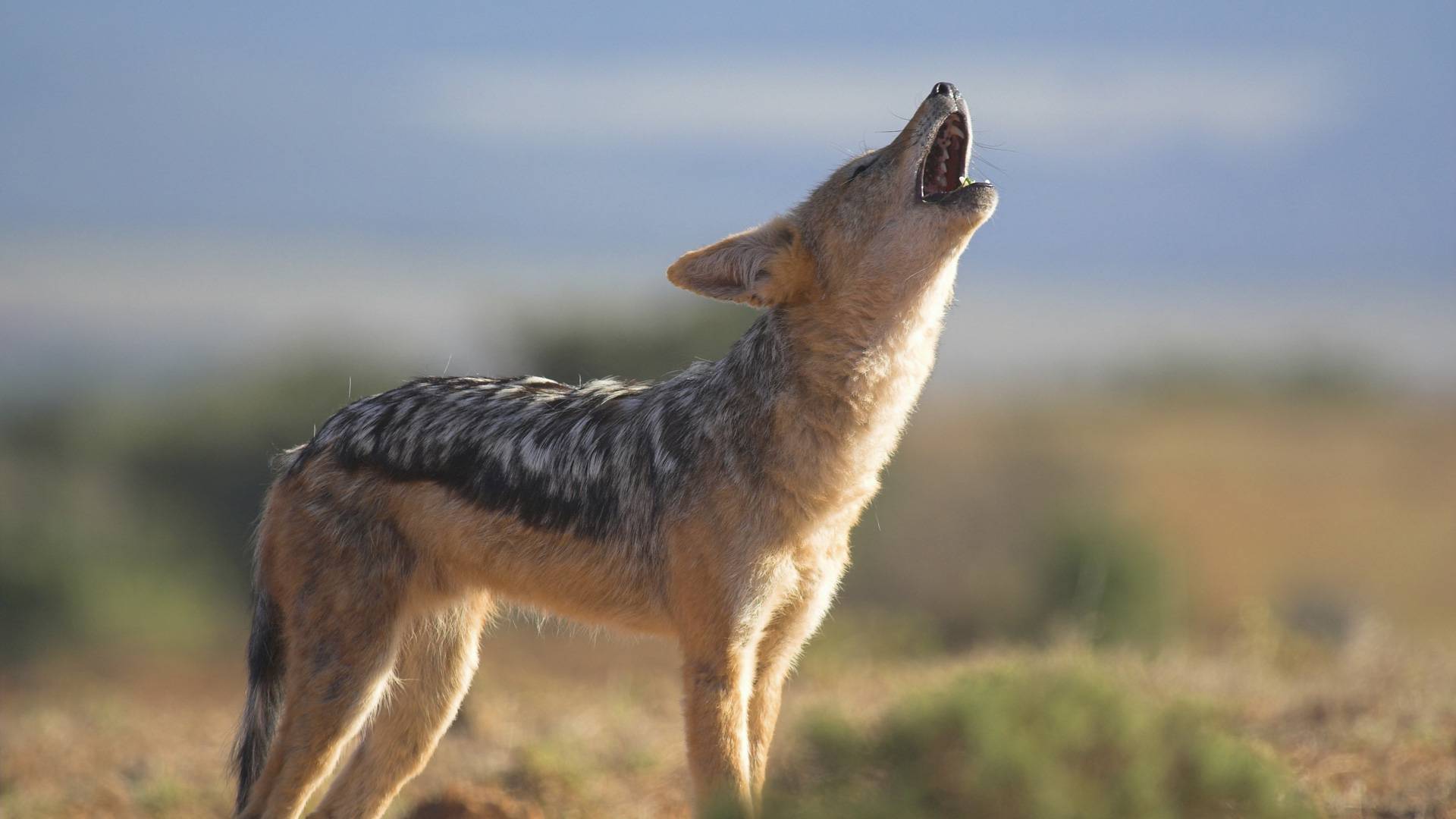Jackals, known for their cunning and adaptability, are fascinating creatures that belong to the canine family. These medium-sized carnivores are found in various parts of the world and have captured the attention of researchers and nature enthusiasts alike. Let's delve into five intriguing facts about jackals.
1. Diversity of Species:
Jackals are not a singular species; rather, they comprise several distinct species with unique characteristics. The most well-known are the golden jackal, found in Europe, Asia, and Africa, and the black-backed jackal, native to sub-Saharan Africa. Each species has adapted to its specific environment, exhibiting variations in behavior, physical traits, and habitat preferences.
2. Social Behavior: Jackals exhibit a range of social behaviors, from solitary to highly cooperative. Some species, like the golden jackal, are more solitary, while others, like the black-backed jackal, thrive in family groups. Cooperative hunting, in which family members work together to bring down larger prey, highlights their impressive teamwork and communication skills.
3. Ecological Role:
Jackals play a crucial role in maintaining ecosystem health. As scavengers, they help prevent the spread of diseases by consuming carrion that could otherwise harbor pathogens. Additionally, they control populations of small mammals and insects, aiding in the balance of their respective ecosystems.
4. Adaptations for Survival: Jackals have evolved a range of adaptations that aid in their survival. Their keen senses of sight, smell, and hearing make them skilled hunters and scavengers. Their long legs and lightweight bodies enable them to traverse diverse terrains with agility. They are also opportunistic eaters, consuming a variety of foods, from small animals to fruits and plants, depending on what is available in their environment.
5. Cultural Significance:
Jackals hold cultural significance in various societies around the world. In ancient Egyptian mythology, the jackal-headed god Anubis was associated with mummification and the afterlife. In Indian folklore, the golden jackal is linked to deities and is often portrayed as both cunning and resourceful. These cultural connections reflect the enduring intrigue that jackals inspire in human imagination.
In conclusion, jackals are captivating creatures with a diverse range of species, intriguing social behaviors, and vital ecological roles. Their adaptations for survival and the cultural significance they hold further emphasize their importance in the natural world and human history. Studying these remarkable animals not only enhances our understanding of biodiversity but also highlights the intricate relationships between species and their environments.



No comments yet
Be the first to share your thoughts!